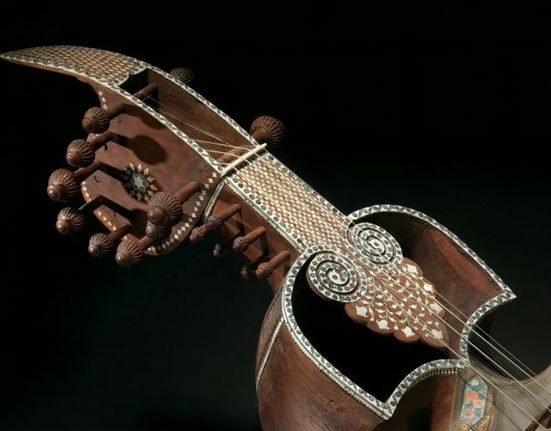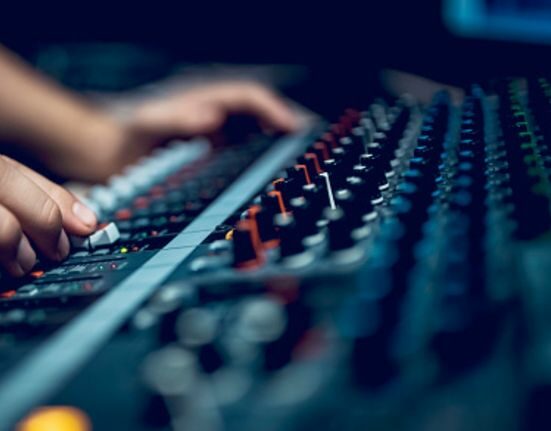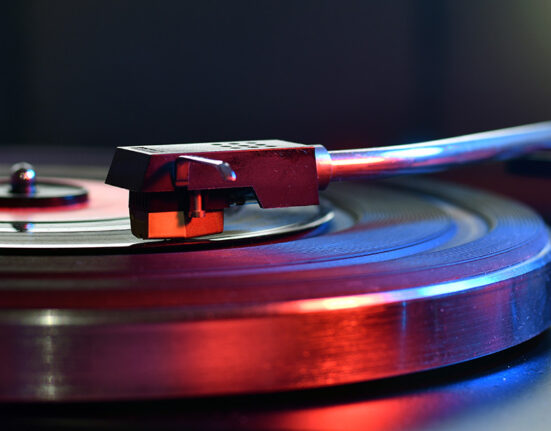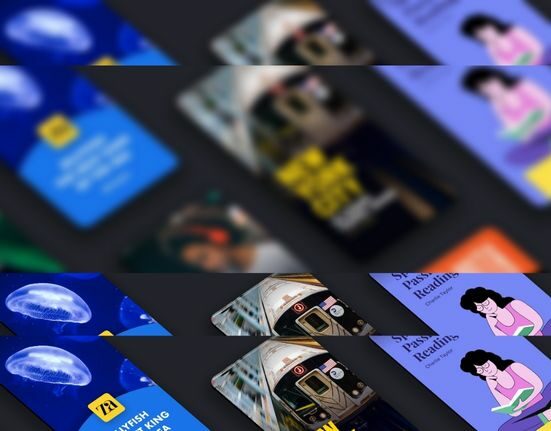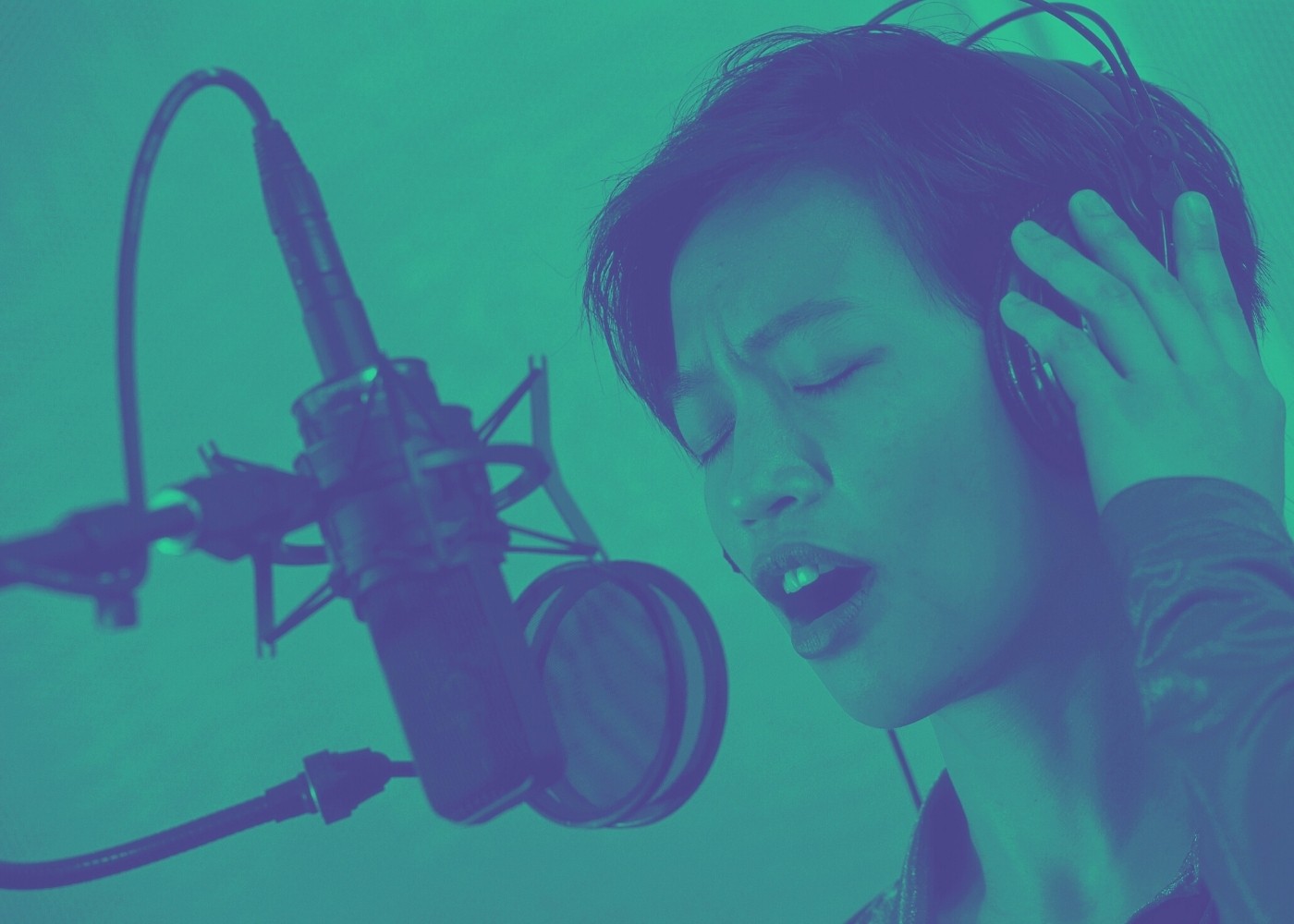An understanding into some of the musical nuances & going about finding your true self through music.
Isn’t it something astounding as to how we all connect with our idols, our inspirations, carrying their photos in our instrument cases and sticking their posters in our music room? While calmly sitting with your instrument, has it ever happened that, for a moment, you closed your eyes and visualized them playing and you started playing along, and all of a sudden, you realized that you played something so uncommon that you yourself did not expect such a phrase to come? It’s our mental power that takes us to such a state.
What exactly is this inner voice? Where does it come from? How does someone acquire it? How do you develop it? Your inner voice is like your trademark, it’s your uniqueness, your identity, it’s something that describes who you are as a musician. It’s the way you are wired as a musician. It’s precisely about how we show a shade of ours while doing music. Even two similarly sounding musicians will have their differences in their approach, their musicality, their understanding etc. Development of your inner voice is like building up your vibe, which takes years and years altogether with the right source of knowledge helping you to carve your skills. It all starts with finding your purpose, combining your knowledge and skills and getting into rigorous practice and expressing every side of yours to find your true self. In the process of starting out as a musician, you might find it challenging to develop your identity as an artist for obvious reasons: you’d probably be working on fine tuning your voice, improving your scales, chords, finger techniques and essentially doing everything that helps you in the longer run, which is cool.
Finding the right music educator is like winning half the battle. A true music educator is someone who is able to give enough opportunities to their students, helping them realise and improve their musicianship, providing them with prospects to perform and learn, and most importantly, someone who is able to guide them both at macro and micro level. Concisely, honing your inner voice is primarily about two main things: learning and listening.
You might have noticed how everything in the beginning seems a bit incomplete, vague and at times shabby. Your riyaaz might not sound good to your ears and probably does not turn out the way you want it to be. Well, that’s where the catch is. Here is something that you need to know. Music practice is the only space where we get to see our true selves. It’s that ground where you can wander and experiment with your skills, make mistakes, learn from them and better yourself to be able to feel comfortable while performing.
Besides that, it also helps us create a bank of new possibilities, new licks, phrases, lines or new ways of singing or playing something. Therefore, the more we practice, the more we are incorporating newer possibilities in our mental bank, thus, helping us revisit it whenever needed and eventually choosing what to sing or play from a larger lot during a performance. Practice also takes care of a person’s capability and imagination. Practicing and listening to music can increase these two points. Spending more time on music helps in increasing your capabilities and thus, being able to express where exactly your imagination takes you. Thus, music practice is about training your mind to take quick musical decisions and to make an aesthetic sense out of what you want to express.
Whenever you sit to learn any composition, don’t play it with the intention of quickly finishing it and simply perfecting it. Give the melody the time to grow inside you. Understand the space from where the composer is coming, understand which scales and modes he/she has used for which chords, the types of cadences, the embellishments or the ornamentations, the chord qualities and voicings that are used in the piece. Musicians should be able to dissect every little detail, so that the maturity and wisdom starts coming from within.
Every raag, every mode, every note has its own identity and has a certain usage associated with it. Striving towards expressing it in the most aesthetic manner should be the way to go about it. Thus, highlighting the essence and aesthetics of your music during practice is something that would help you gradually find your true voice, something that you shall eventually discover bit-by-bit.
Would you like reading more such musical stuff?
Log on to www.beatcurry.com, subscribe and stay tuned to more such musically insightful content.

